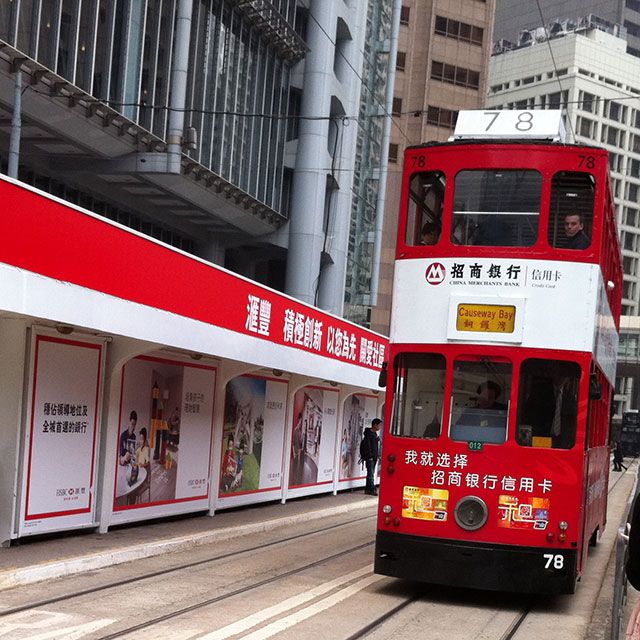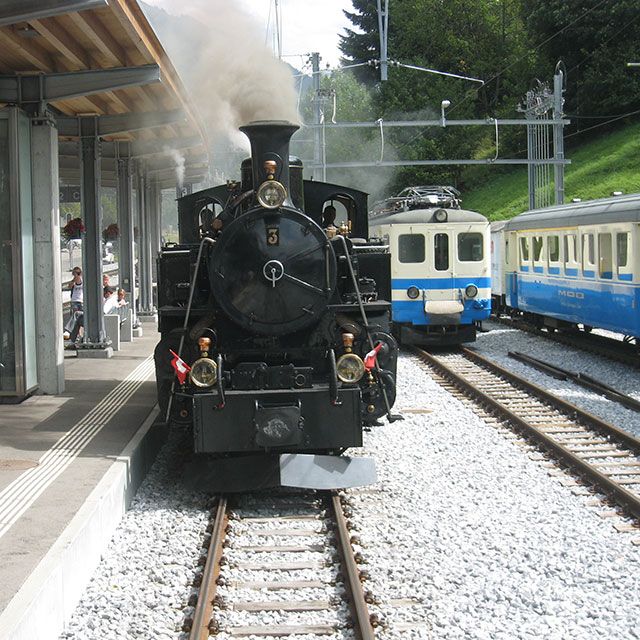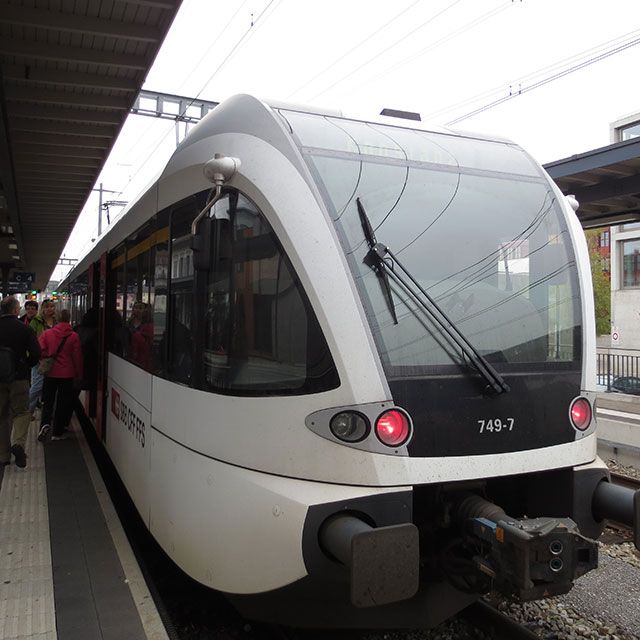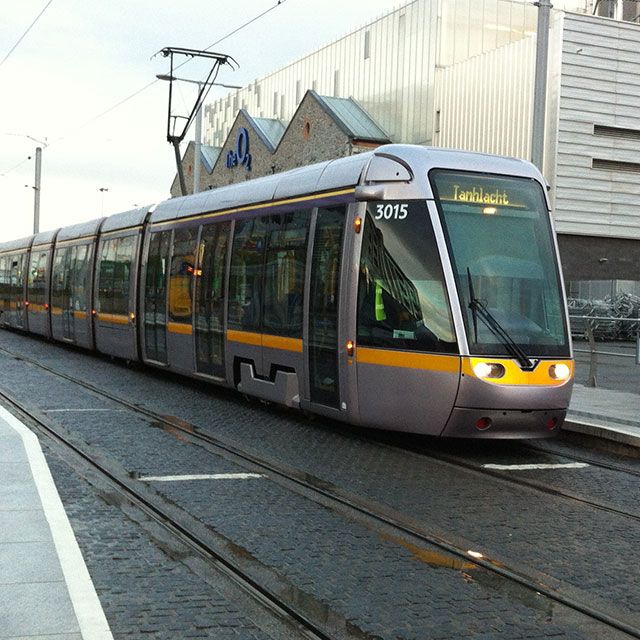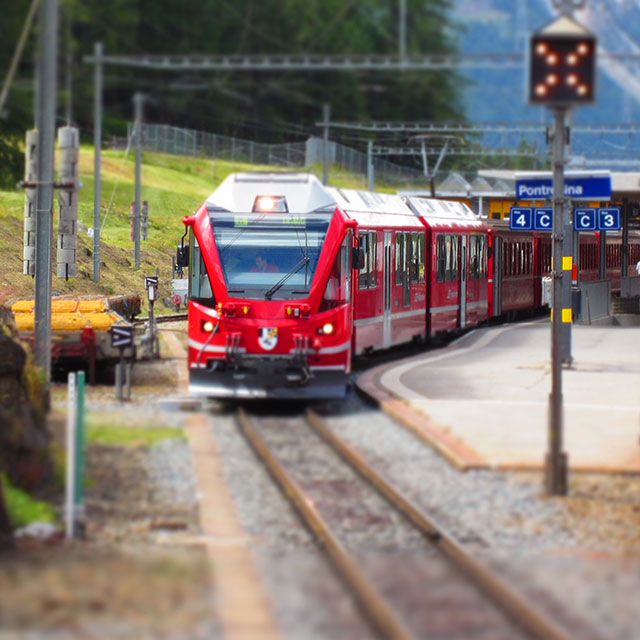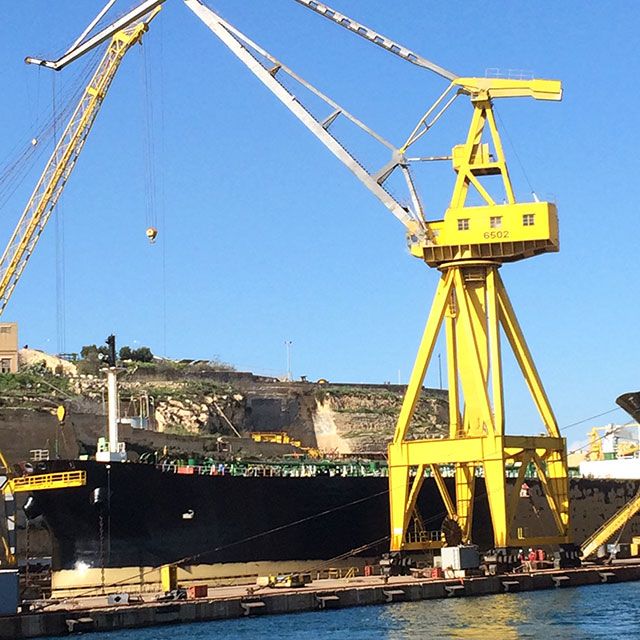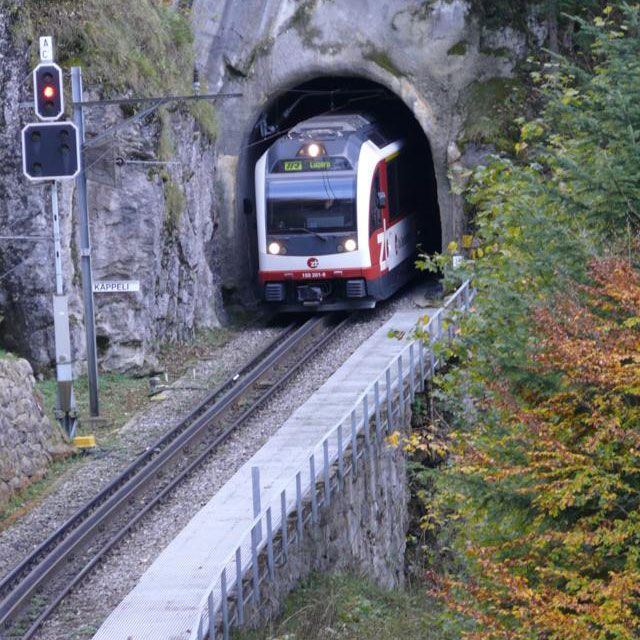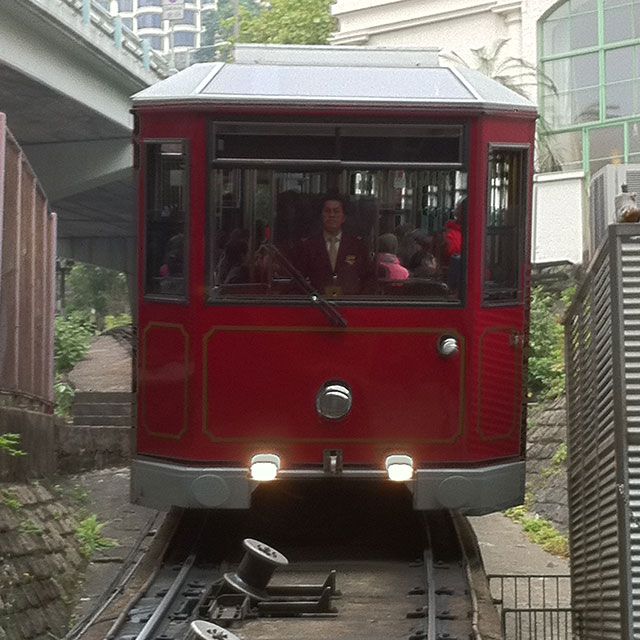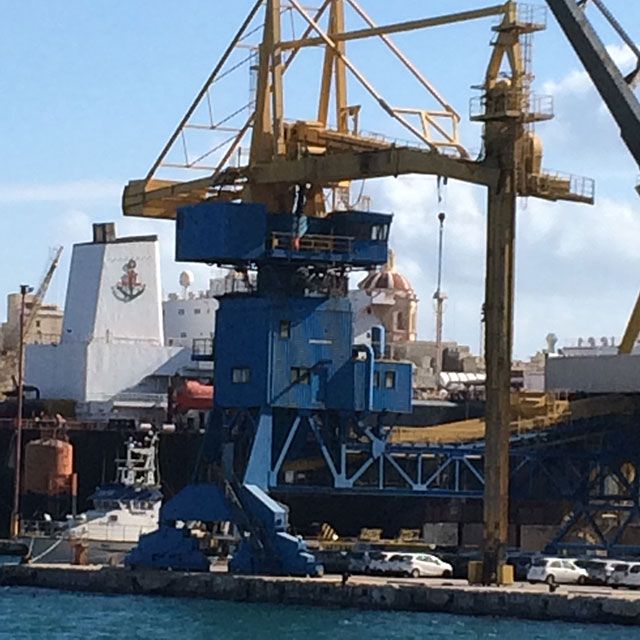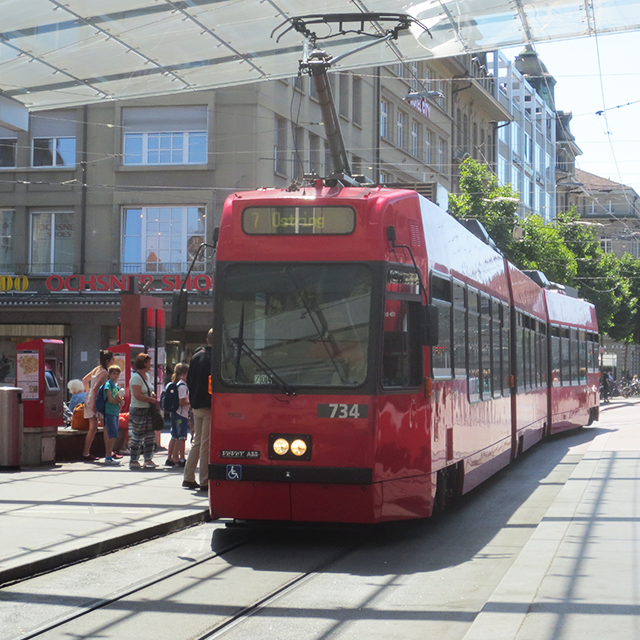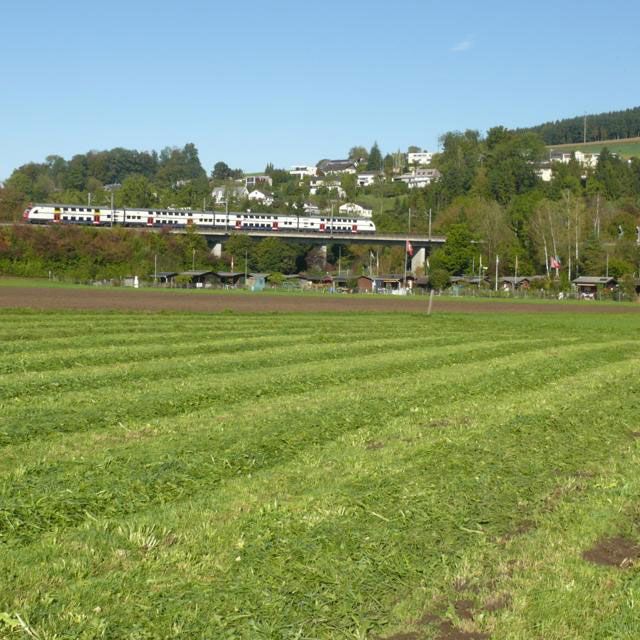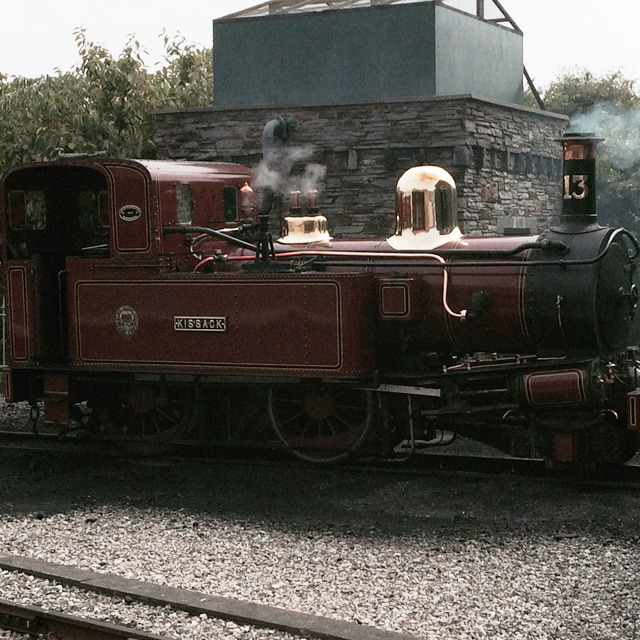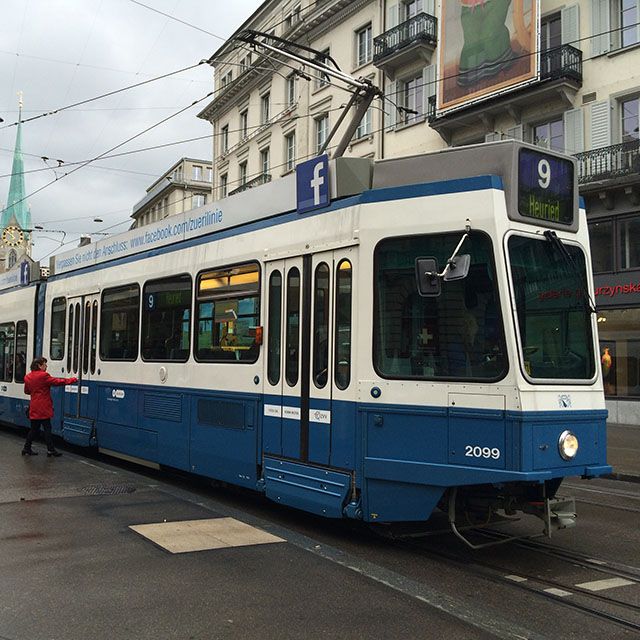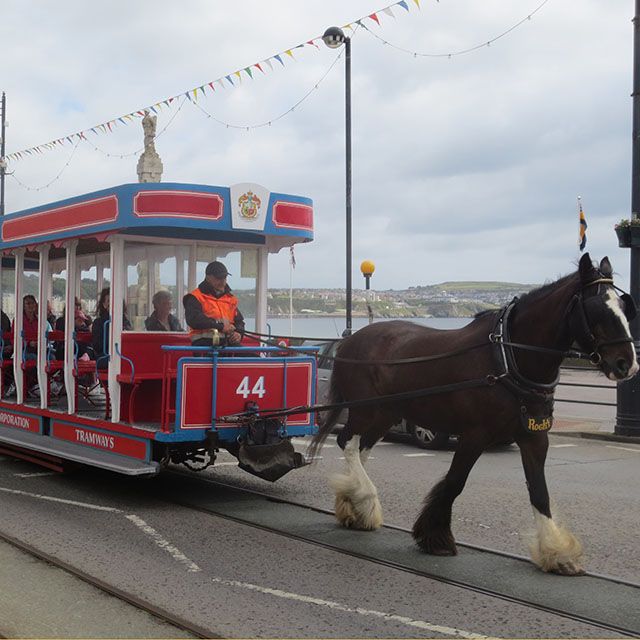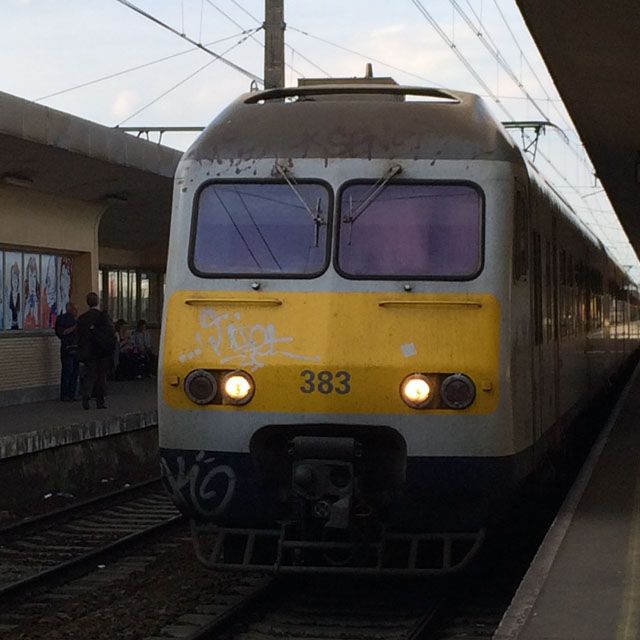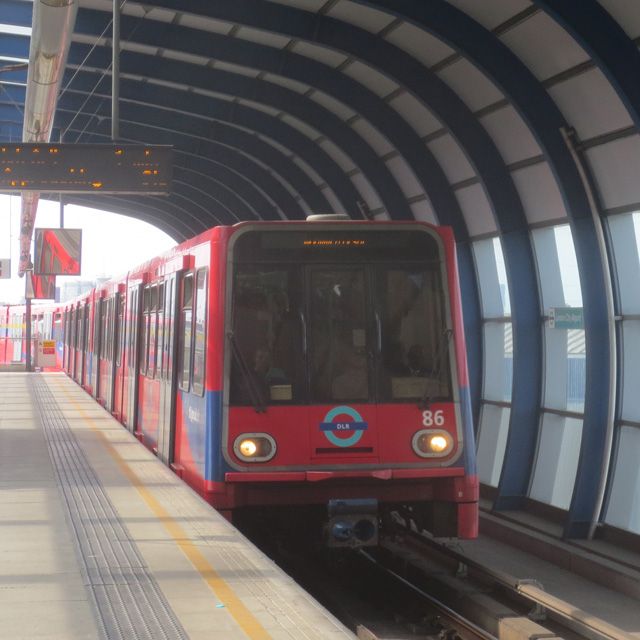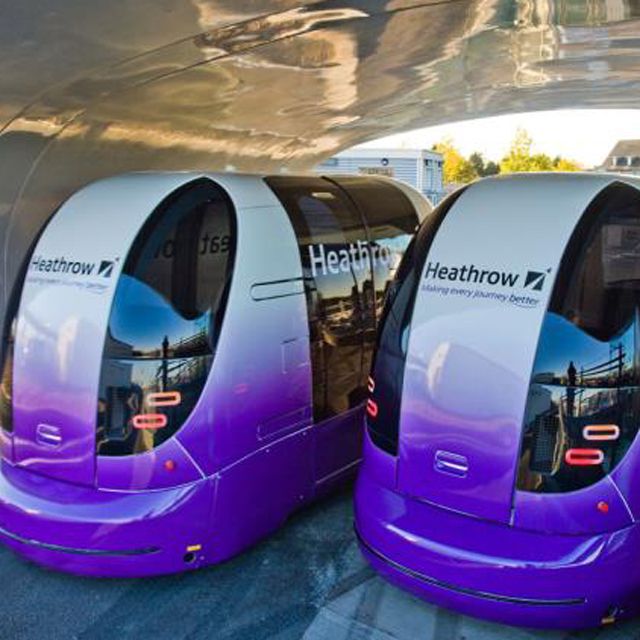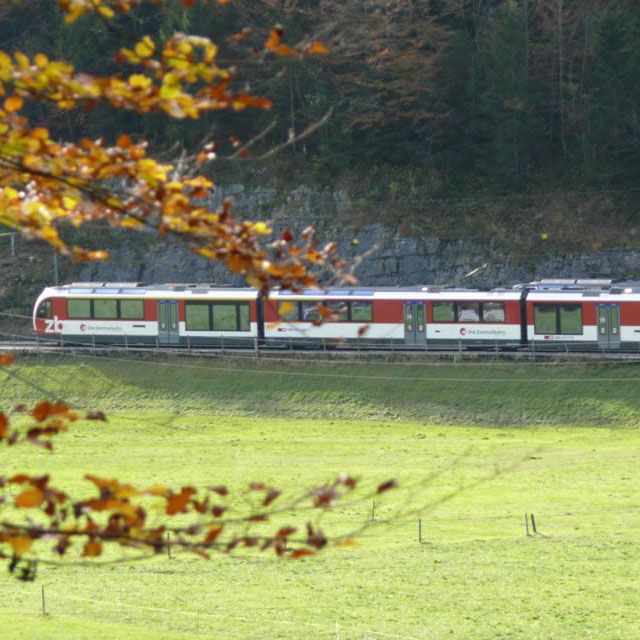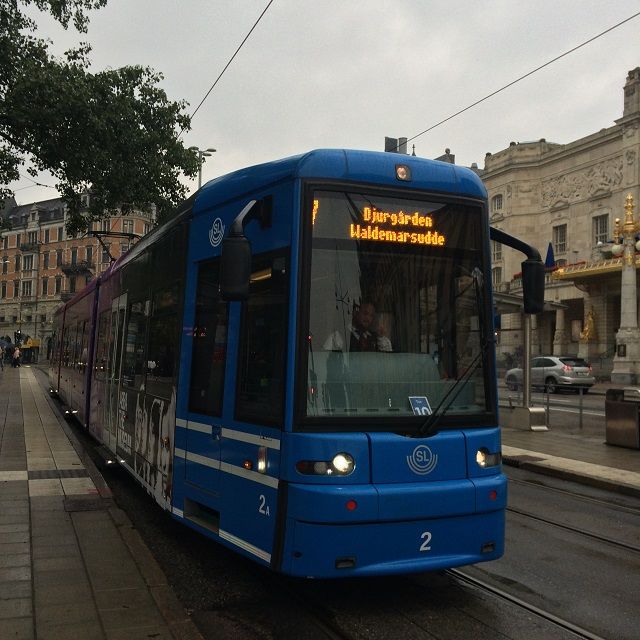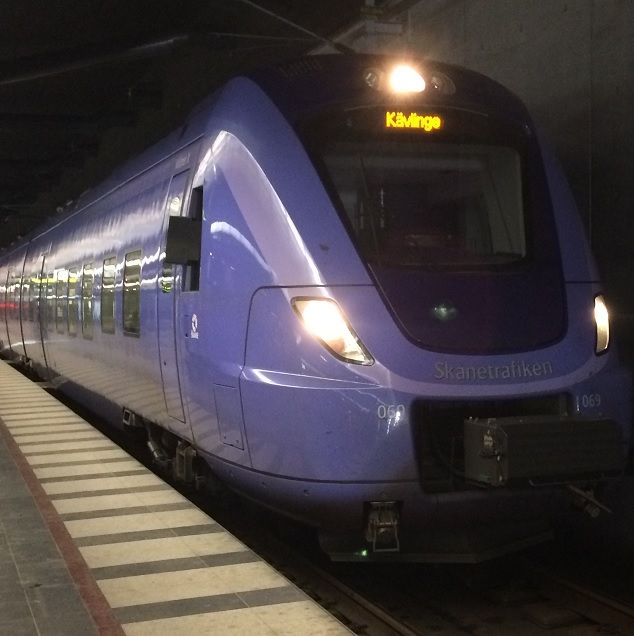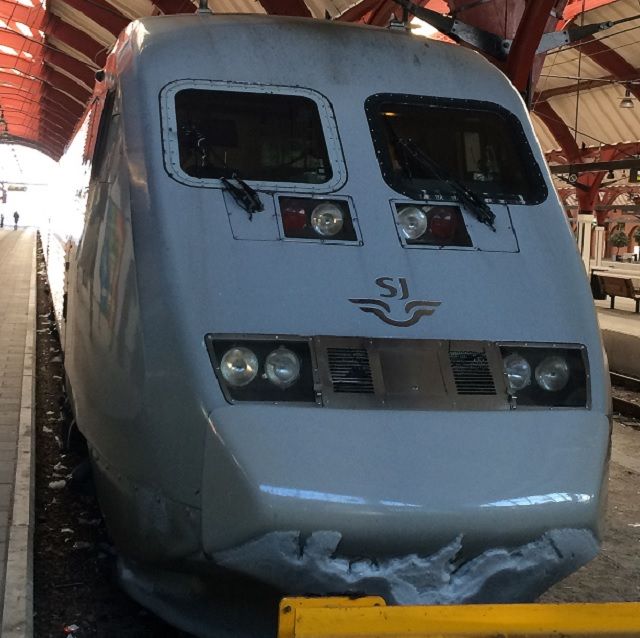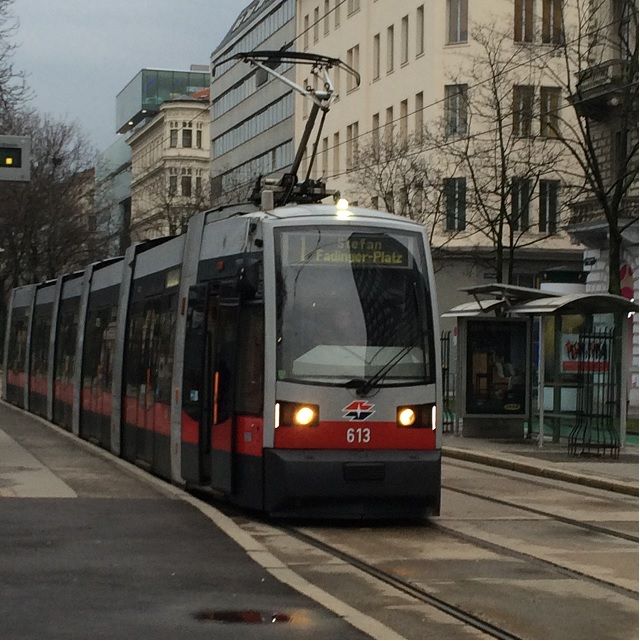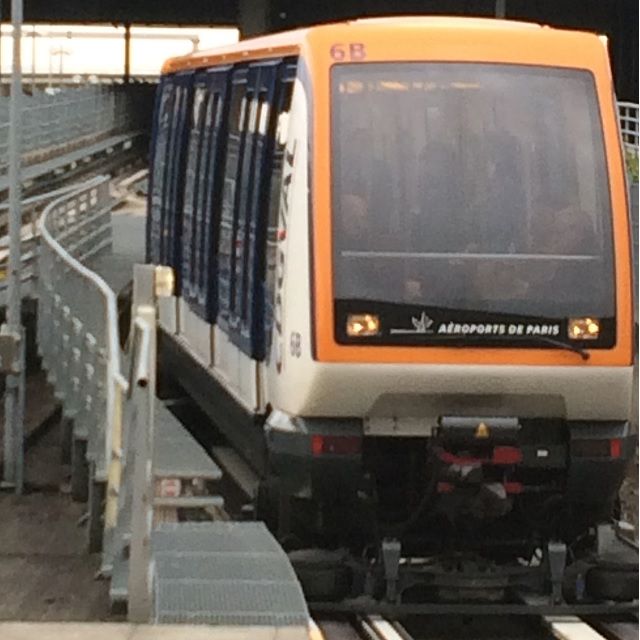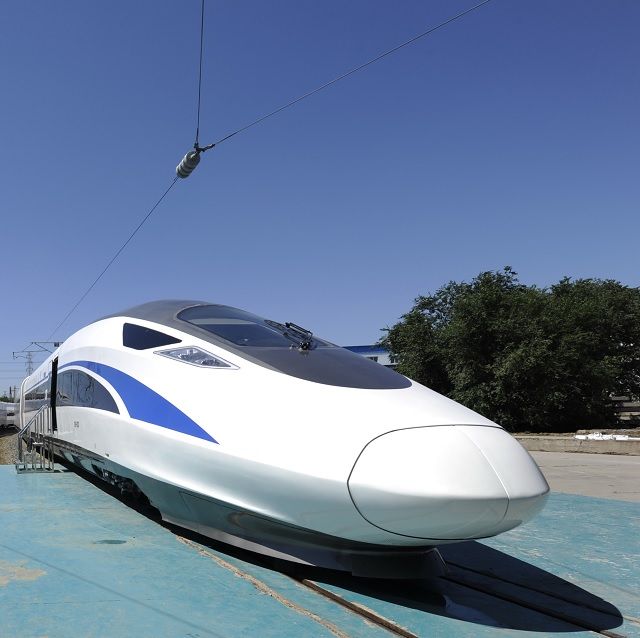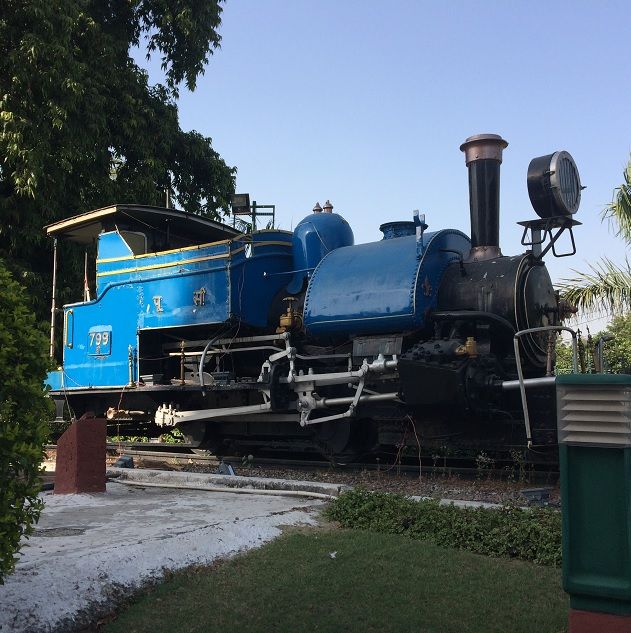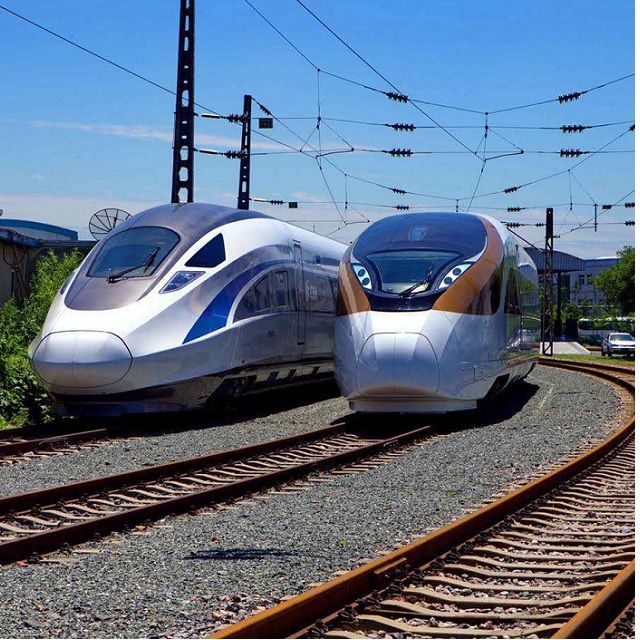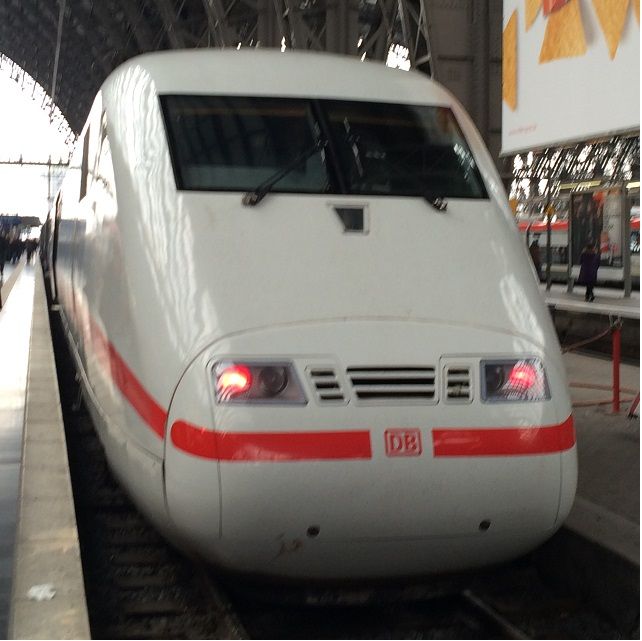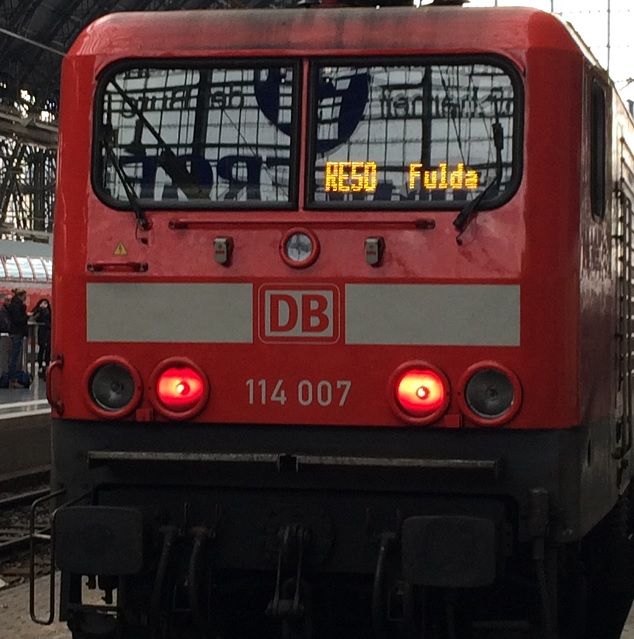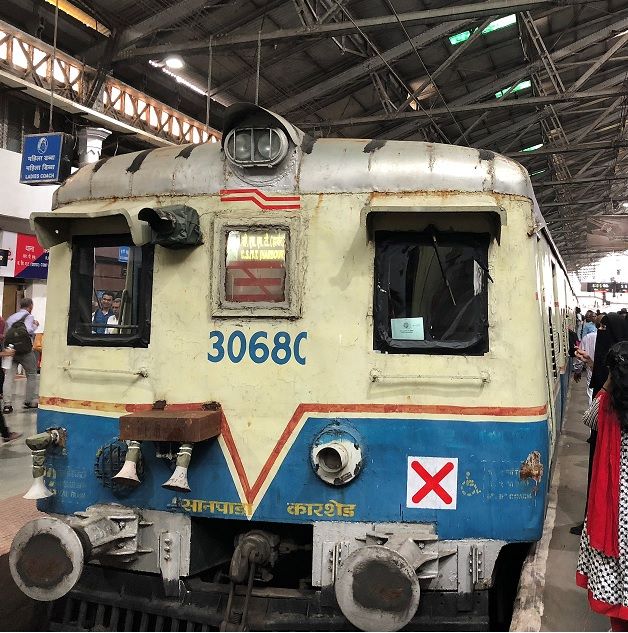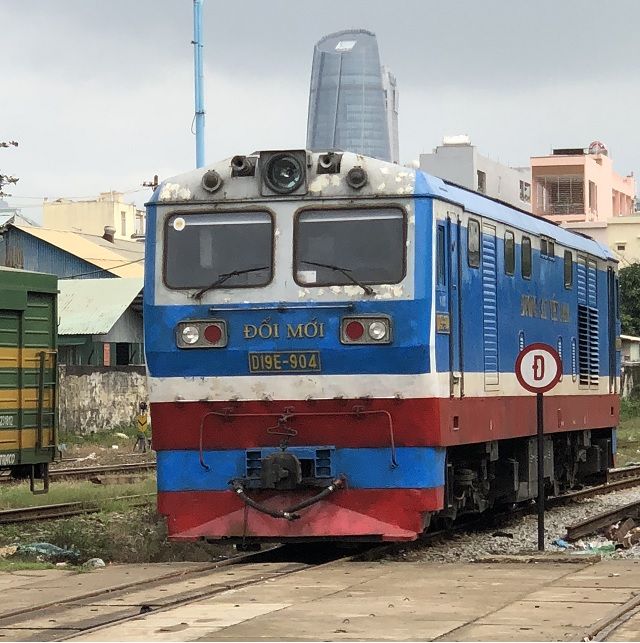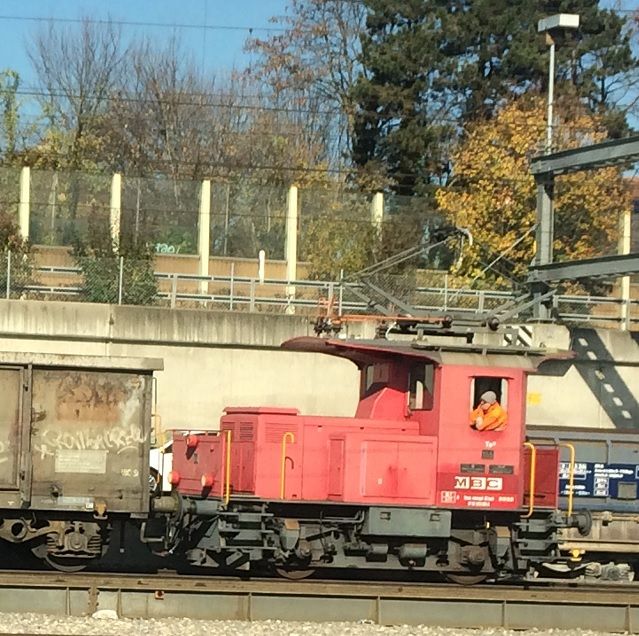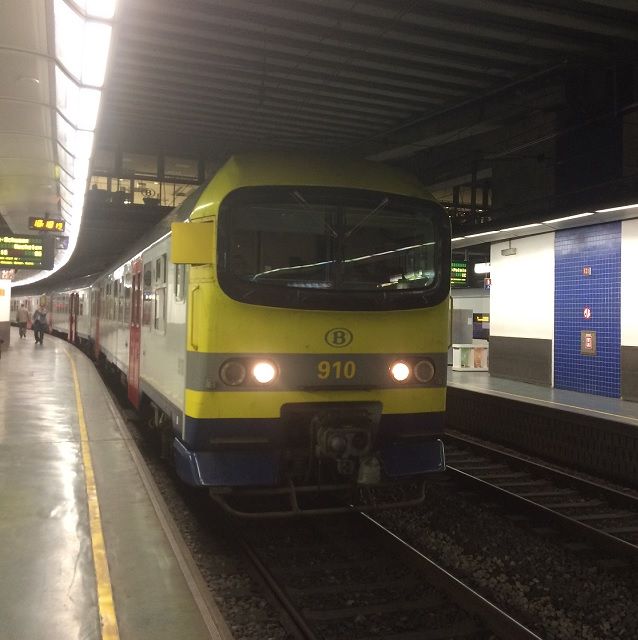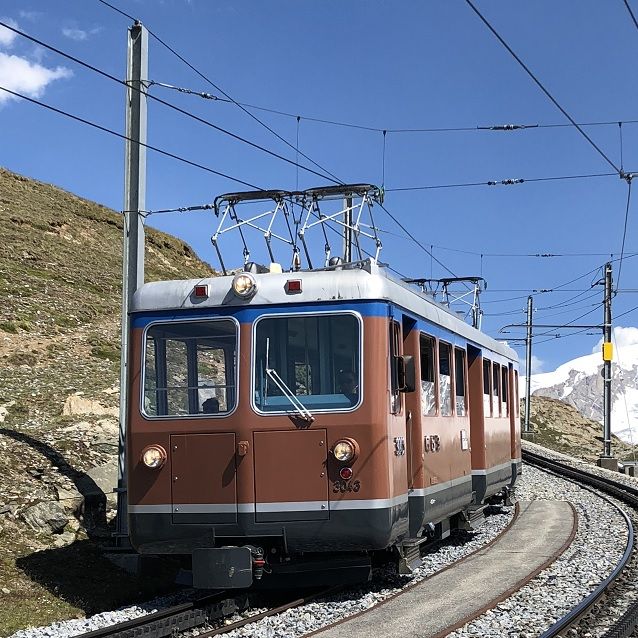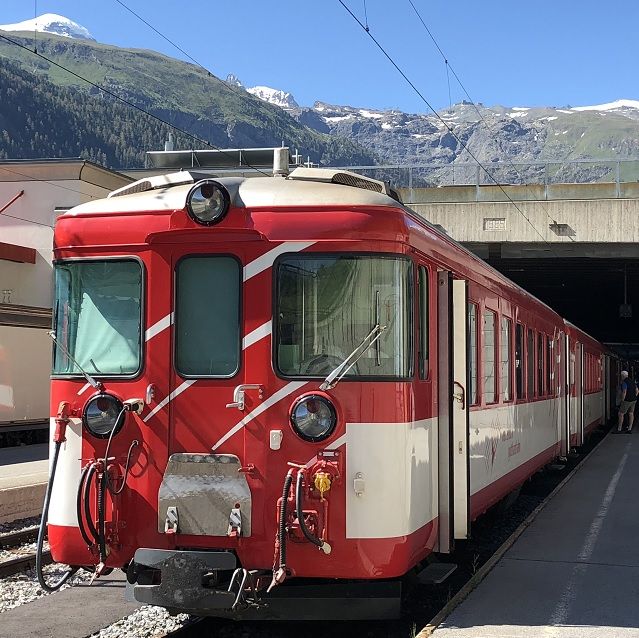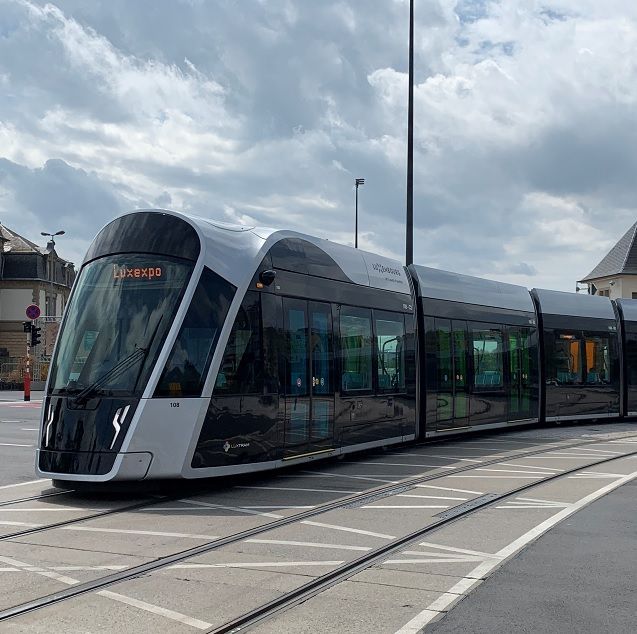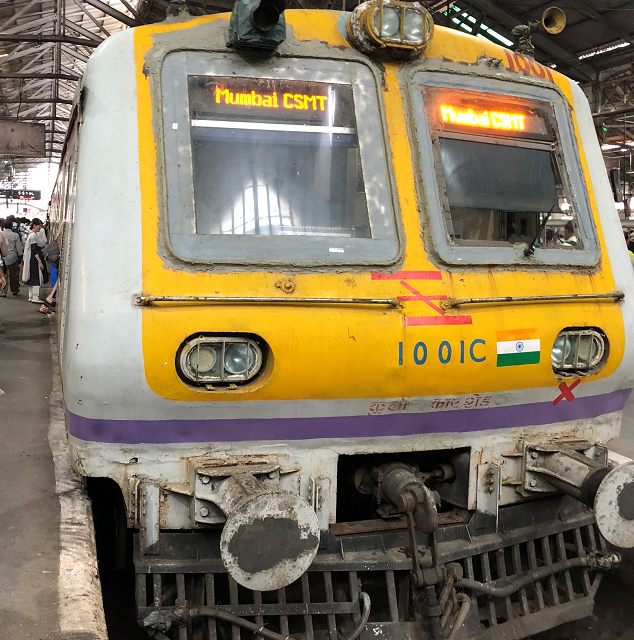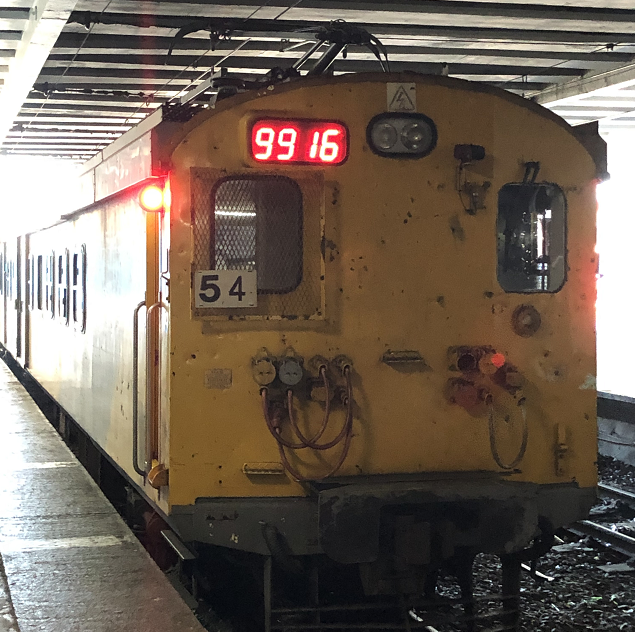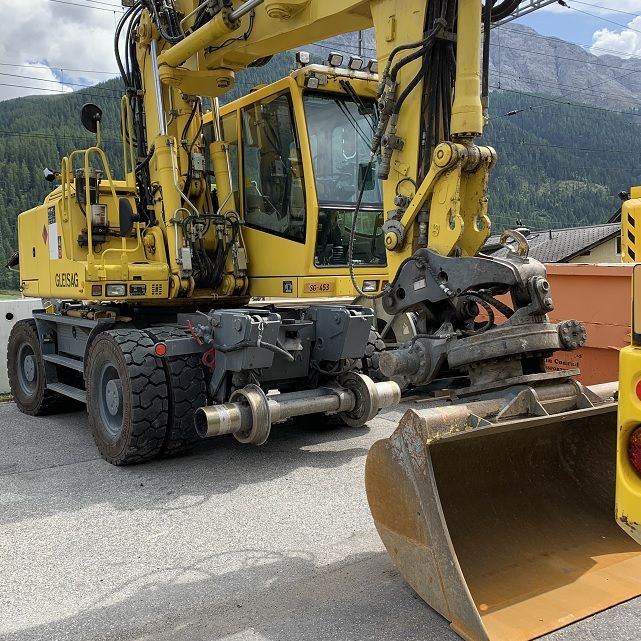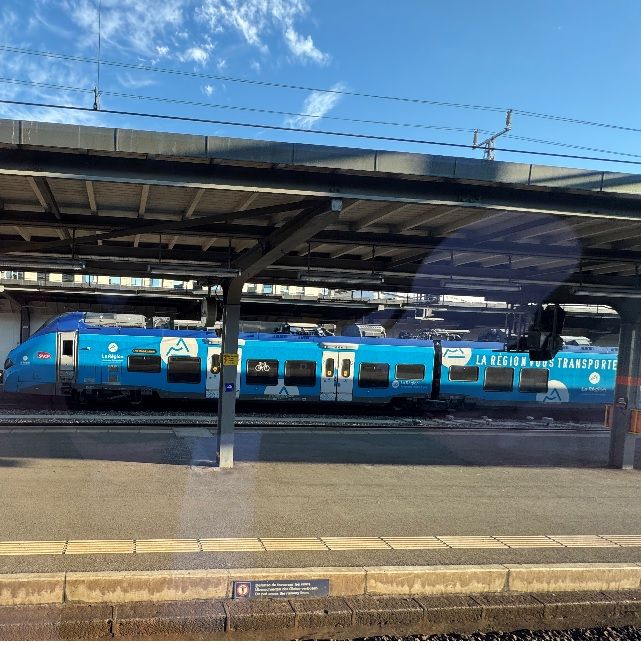News
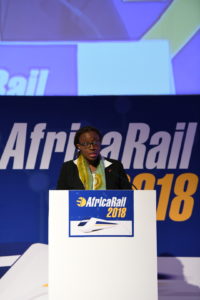
Executive Secretary of the United Nations Economic Commission for Africa
Africa’s railway renaissance needs public private partnerships
13th June 2018
Experts from Africa’s rail sector gathered this week in Johannesburg to discuss rail transport and how it can be developed to support the grand design for growth on the continent.
Addressing the gathering, Vera Songwe, Executive Secretary of the Economic Commission for Africa (ECA), said that economic development in Africa needs an efficient, expanded, rail network and described the current condition of existing railway infrastructure and rolling stock in many countries as “sub-optimal.”
Currently, Africa has one kilometer of rail track for every 400 square kilometers of land. The rail coverage is 20% broken down to 60% standard gauge), 60% cape gauge and 18% meter gauge, creating what she described as “incompatible and expensive enclaves within the Trans African Railways.”
“Rail will be the future land transport mode of choice for Africa,” said Songwe.
Elaborating on the numerous opportunities for rail transport development in Africa, she said that with the operationalization of the African Continental Free Trade Area (AfCFTA), large volumes of goods and bulk commodities will be generated to create huge markets for rail transport. Additionally, Africa’s large land mass, which is marked by 16 landlocked countries will encourage the development of high speed, high capacity and efficient transport corridors.
“This presents opportunities for rail transport development in Africa”, said Songwe adding, “the large-scale urbanization comes with transportation challenges that can only be handled by railways.”
The Executive Secretary made reference to the need for climatic resilience, stressing that coupled with environmental and safety issues, “will put railways at the forefront of all transport modes.” Furthermore, noted Songwe, “the socio-economic impact of a modal shift of freight from road to rail would achieve maximum greenhouse gas mitigation in the transport sector.
But the railway renaissance comes with a large price-tag for governments and as noted by Ms. Songwe, States’ financial resources are being stretched to the limit and this becomes even more precarious when commodity prices fall.
The recently commissioned 34 km Addis Ababa Light Rail Transit city transport cost $475 million; the bill for the rehabilitation of the Ethiopia-Djibouti Railway was just over $4bn and the new Mombasa to Nairobi rail line is said to have raised Kenya’s external debt by 17%. In South Africa, it is estimated that more than $110 billion will be needed to convert the country’s 20,000 km of the Cape gauge rail track into a standard gauge.
Innovative business models and an urgent recognition that the renaissance of the African rail sector requires a major injection of capital to bring the infrastructure up to an acceptable level are required, according to Songwe.
Furthermore, private sector and public-private partnerships, she said, would give the private sector access to secure, long-term investment opportunities. Private sector partners can profit from PPPs by achieving efficiencies, based on their managerial, technical, financial and innovation capabilities.
Raising finance for rail development would also be boosted by the Luxembourg Rail Protocol, which noted Songwe, offers some solutions. The Protocol, due to enter into force in late 2019, will protect private investment in the rail sector.
“This protocol creates a new worldwide legal framework to recognize and regulate security interests of lenders secured by railway rolling stock, lessors and vendors selling under conditional sale agreements,” she said.
It applies to all rolling stock, from high-speed trains to trams and will create a common African legal regime, allowing creditors to repossess financed assets on default or insolvency of the debtor, subject to public interest safeguards, and protecting operators and owners as well as financiers as trains move across national borders within Africa.
Ms. Songwe called on governments to ratify the Protocol, saying it would enable the private sector to be tapped into finance delivery and management of the rail sector. This, she stressed, “is important for Africa’s rail renaissance and vital for the future of Africa economic integration; it is an opportunity we dare not let slip through our fingers.”



